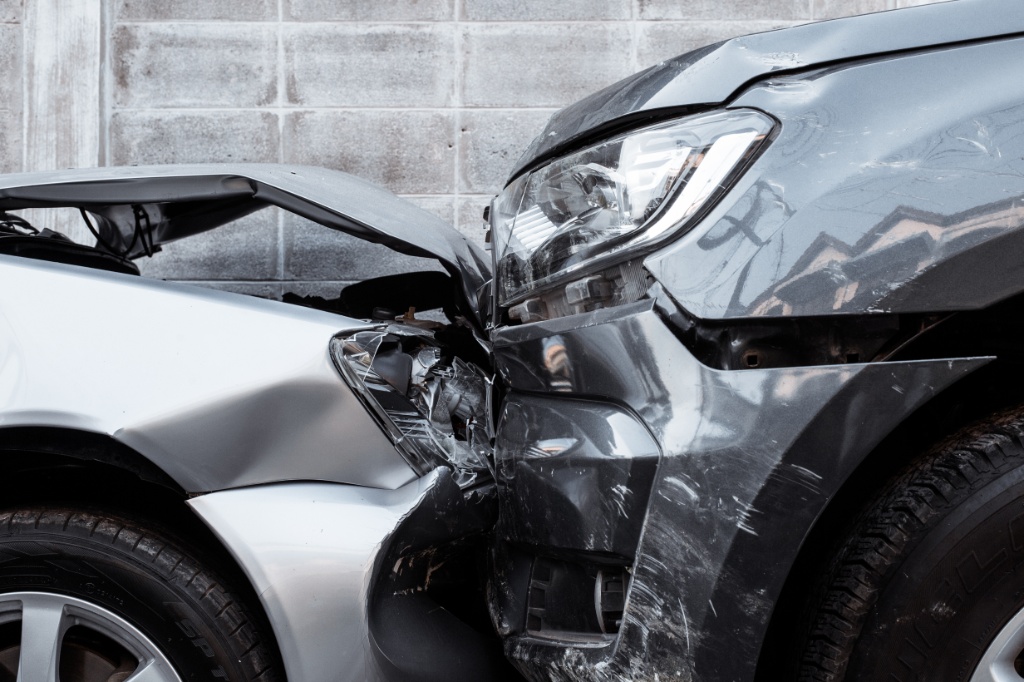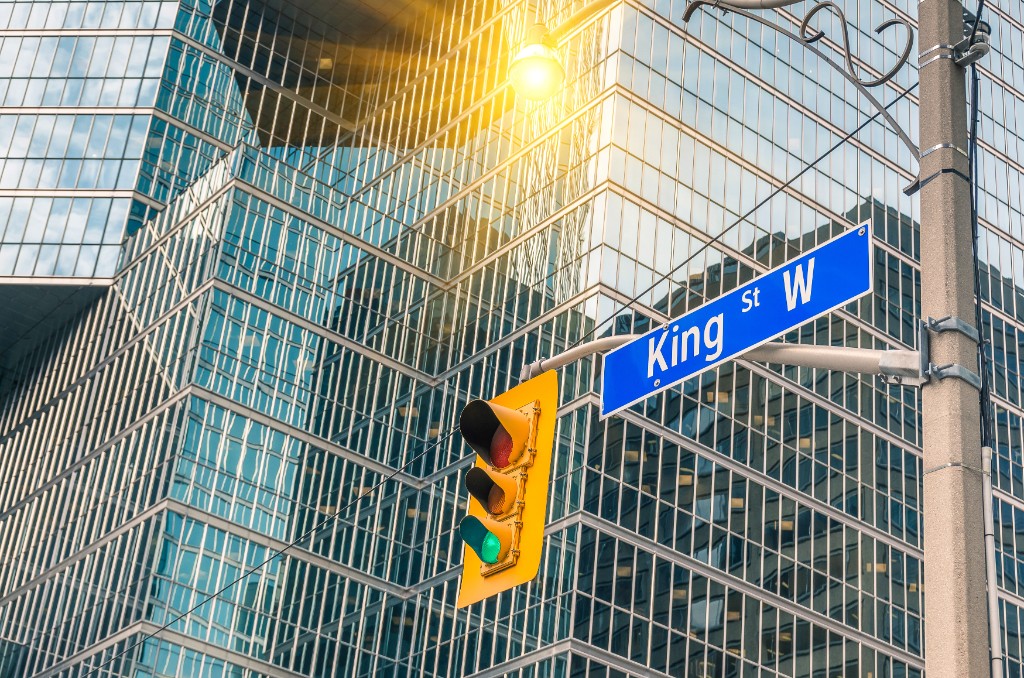May 6, 2022 | car accident Claims
7 Common Mistakes Following an Ontario Motor Vehicle Accident
Table of Contents
At Preszler Injury Lawyers, we have heard from many of our clients what happens immediately following a car accident. After the initial shock settles in, there are steps that must be taken or it may impact your motor vehicle accident claim (providing you’re able to do so moments after the accident). We’ve discussed before what you should do after a motor vehicle collision in Ontario. Today, we want to explore a related topic—seven of the most common mistakes we see Ontarians make following an Ontario car accident.
1. Admitting Fault
When you’re in an accident, one of your first instincts may be to admit you caused the accident, whether you were really at fault or not. Despite that instinct, do not do so. Although you may think taking the blame will help defuse a potentially tense situation at the accident scene, in reality, you’re only causing legal trouble for yourself in the future.
That’s because your admission of fault can be used against you if another person involved in the accident asserts a tort claim. And your own words right after the crash can easily outweigh your subsequent assessment of the cause of the accident or other evidence that might come to light.
2. Failing To Collect Evidence
The scene of an accident is full of evidence that can help prove fault and jog your own memory in the weeks, months, and years to come. Of course, your first concern should be your well-being and that of others involved. But, if possible, you or someone you know should take some time to collect some of the available evidence.
Naturally, the most basic evidence you should collect is identification and insurance information for the other drivers involved in the accident. Unfortunately, some people will try to give you false information, so ask to see their driver’s licences and insurance cards for yourself.
But there’s more evidence that you should collect at the scene of the accident if you can. Take photos of the scene with your smartphone. Ask others present if they witnessed the accident and, if so, ask for their contact information so that you or your lawyer can get in touch later.
3. Not Seeking Medical Treatment
Relatedly, many Ontarians make another mistake in the aftermath of an Ontario automobile collision: They fail to seek medical care. They may do this because they don’t want to be a burden on others, consider going to a hospital an inconvenience, or don’t think their injuries justify seeking medical attention.
But failing to obtain a diagnosis and treatment is a bad idea for at least three important reasons:
- You may not know the full extent of your injuries. Many of the injuries sustained in an Ontario car accident are initially invisible, like whiplash. Even injuries of which you are aware may prove to be worse than you think right after the accident. An experienced medical professional can help ensure that all your injuries are properly diagnosed.
- Time doesn’t heal everything. You may think that you need only take some time off from work and rest to get better following an accident. In some cases, that may be true, but not all. You should let a trained medical professional determine how best to treat your injuries.
- Your insurance company—and Ontario courts—will require evidence of your injuries. Finally, obtaining medical treatment creates a paper trail that you or your personal injury lawyer can rely on in proving the extent of your injuries to an insurance company or a court, if necessary.
4. Failing To Report The Accident
Ontario law requires that you notify the police immediately if anyone is injured in a car accident or the damage to all vehicles appears to be greater than $2,000. Otherwise, you have 24 hours to report a collision to a Collision Reporting Centre.
Similarly, to qualify for statutory accident benefits, you must generally report your accident to your insurance company within seven days. If you are unable to do so within that period, then you must do so as soon as possible. Otherwise, your benefits may be delayed or you may lose the right to receive them altogether.
5. Discussing Your Ontario Car Accident On Social Media
These days, people like to talk about anything and everything on social media, like Facebook, Instagram, and Twitter. But when it comes to legal claims—including accident-benefit claims and tort claims following an Ontario car accident—it’s best to keep things to yourself.
Insurance companies and defence lawyers are becoming increasingly tech-savvy, turning to injured persons’ social-media accounts for evidence to use against them. That could include photos of the accident, admissions of fault taken from status updates, or photographs or descriptions of the injured person doing something he or she shouldn’t be able to do with the injuries claimed.
6. Settling Too Quickly
As we explained above, you won’t always know the full extent of your injuries right away. And, unless you’re a lawyer, you may not fully understand your legal rights following an accident. Insurance companies will often try to leverage your naiveté to pressure you into settling your claim quickly by signing a document that reduces the amount they have to pay you.
The bottom line: If you’re being asked to sign something by another driver or an insurance company, consider having your claim and that document reviewed by a lawyer before doing so.
7. Not Contacting An Ontario Personal Injury Lawyer
Ontario laws regarding compensation after an automobile accident are complicated. And whether you’re pursuing a DC-PD claim for property damage to your vehicle, an accident-benefits claim with your own insurer, or a tort claim with another driver’s insurer, the insurance company you’re dealing with will be represented by lawyers to help them navigate those laws.
You should be, too.
Preszler Injury Lawyers is an Ontario personal injury firm with offices throughout the province and now across Canada. We have helped thousands of Canadians with their car accident claims and helped them recover compensation they may not have been otherwise entitled to.
If you’ve been injured in an Ontario motor vehicle accident and would like help understanding your next steps and protecting your rights, contact us today for a free consultation.
Blog Categories
More car accident Topics
Here’s more information on car accident related topics that we think you might find helpful.

car accident
|
March 19, 2025
Recognizing Concussion Signs After a Car Crash
The shock of a car crash can be overwhelming. The resulting injuries can be devastating, particularly concussions. Recently, there has been an increasing awareness of…

car accident
|
July 3, 2024
Motor Vehicle Fatalities on the Rise in Canada – 2024 Data Study
Overall Findings: After three decades of decline, the number of motor vehicle fatalities in Canada went up by 6% in 2022 The number of fatalities…

car accident
|
September 13, 2023
Traffic Signals: Be Careful Even on a Green Light
From a young age, we are taught that our traffic signals designate directions by colour: red means ‘Stop ‘; green means ‘Go.’ Designating traffic directions…
